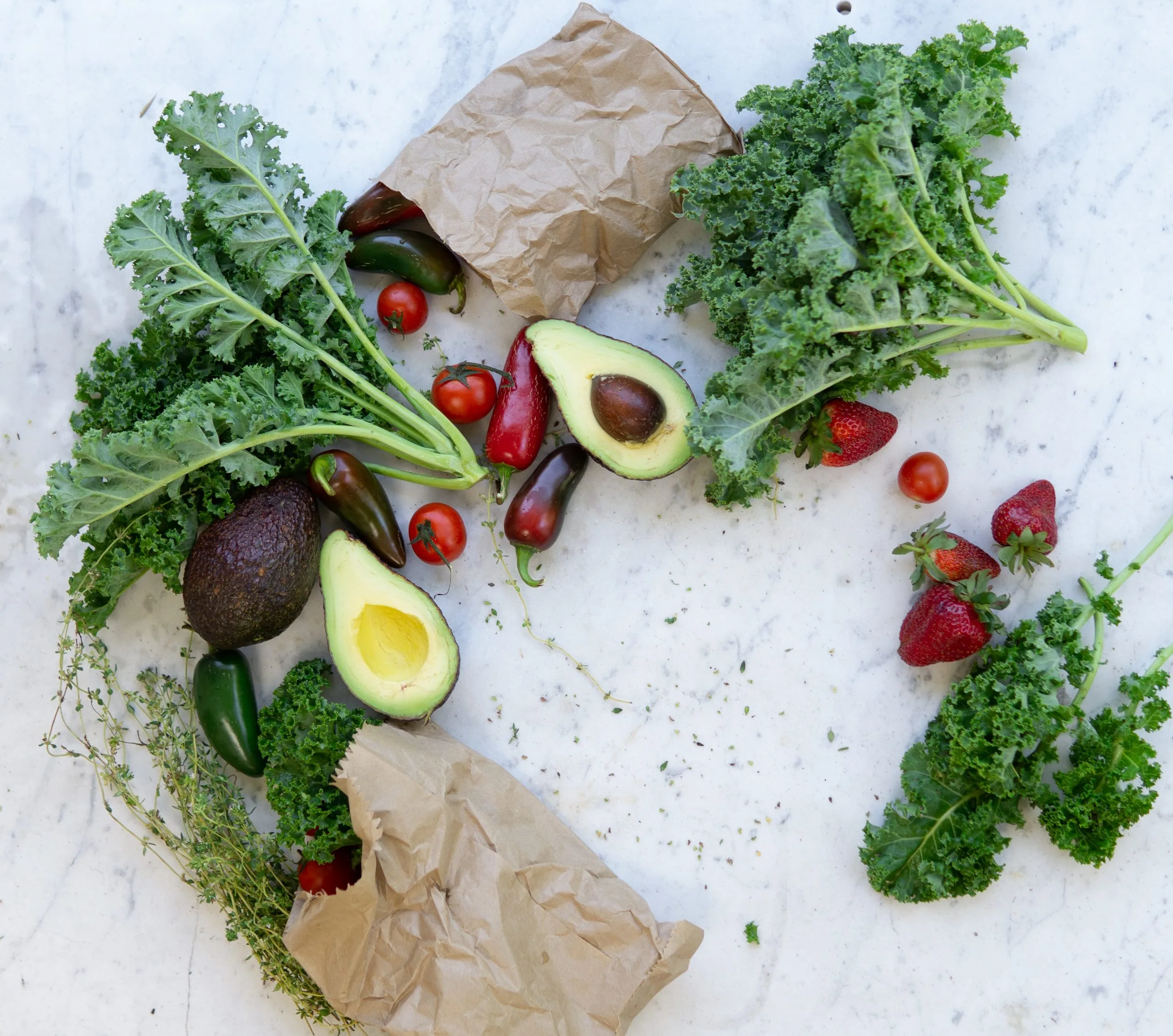
Photo by Nadine Primeau on Unsplash
The Mediterranean diet generally refers to how the people in countries that border the Mediterranean Sea eat. These countries include Greece, Italy, Spain, and France. It’s generally accepted that these people live longer and healthier lives. The question has to be why.
All Mediterranean countries have vastly different dishes and ways of preparing food. But when it comes to this diet, it’s less about exact guidelines and more about intuitive eating of in-season foods.
The thing all of these countries have in common is that they share the same principles when it comes to eating. Diets are mostly varied and diverse. When you think about Italian food, it’s likely that your mind goes to pizza and pasta.
However, these types of foods don’t actually form a major part of the Mediterranean diet. Rather, a true Mediterranean diet is “based on the region’s traditional fruits, vegetables, beans, nuts, seafood, olive oil, and dairy” and often includes a glass (or two) of red wine.
However, the Mediterranean diet is about more than just what you eat. It also focuses on how you eat and your lifestyle. Other vital elements of the diet include doing some form of physical activity daily and eating meals slowly, in a relaxed setting with others. One of the most vital aspects of this diet is that it isn’t really a diet at all.
The Mediterranean diet is more of a lifestyle change, a change in your way of life. Eating fresh produce that is also in season is great for both you and the environment. It relies on intuitive eating and lacks distinct guidelines when it comes to specifics like calories and amounts of foods.
How can it help?
- Heart disease and Stroke: This diet limits the intake of refined, processed foods and red meat, as well as encourages the drinking of red wine rather than hard liquor. All of these factors together aid in preventing both heart disease and strokes.
- Muscle weakness: In older adults, there is an increased risk of muscle weakness. However, this type of diet has been shown to aid in keeping older adults more agile. In fact, it can reduce your risk of “developing muscle weakness and other signs of frailty by about 70 percent”.
- Alzheimer’s: Eating in the Mediterranean style can help to improve “cholesterol, blood sugar levels, and overall blood vessel health”. This can help to reduce your risk of getting Alzheimer’s or dementia.
- Parkinson’s disease: The Mediterranean way of eating is packed full of antioxidants. Antioxidants are vital and can prevent cells from undergoing a harmful process called “oxidative stress”. This cuts the risk of Parkinson’s disease by a massive 50%.
- Longevity: This particular style of eating can reduce your risk of developing heart disease or cancer. This means that people who follow this style of eating are likely to live longer, healthier lives. In fact, it reduces your risk of death at “any age” by “20%”.
- Type 2 diabetes: The Mediterranean diet is one that is rich in fiber. This is important as a higher fiber content means that food digests more slowly. Slower digestion means less rapid blood sugar fluctuations. This not only protects against diabetes type 2 but can also aid in maintaining a healthy weight.
Will it help me lose weight?
Although many people worry that the fats which are prevalent in the Mediterranean diet will be harmful to their weightless journey, this seems to be  unfounded.
unfounded.
In fact, although this diet is full of ‘fat-rich’ foods such as avocado, olive oil, and cheese it seems to have the opposite effect. Of course, this does depend on you and how you choose to build your diet. If you build up a calorie deficit, you’re likely to lose weight much more quickly.
Important to remember
When it comes to this diet, it’s vital to remember that it’s more of a lifestyle. The change here has to be about more than just what you eat. It also extends to how you eat it. It’s up to you as an individual to decide how many calories you need to eat.
The basis of a Mediterranean diet:
- Fruits
- Veggies
- Whole grains
- Beans
- Nuts
- Legumes,
- Olive oil and flavorful herbs and spices;
- Fish and seafood
In moderation:
- Poultry
- Eggs
- Cheese
- Yogurt
Special Occasions:
- Red meat
- Sweets and desserts

Photo by Ksenia Chernaya from Pexels
And of course, red wine is always on the menu (if you want to add it). The reason behind the addition of red wine seems that it contains a compound called resveratrol. Which is said to add years to your life.
Although it’s nice and completely healthy, it’s unlikely that the resveratrol in wine makes even the slightest bit of difference. You’d have to drink thousands of glasses in order for it to make a difference, and that is definitely not doctor recommended. Speaking of, doctors say that 1 glass of red wine per day for women and 2 for men is absolutely fine.
Should I give it a try?
Given that there are seemingly huge benefits to trying the Mediterranean diet, there seems to be no reason not to. The best thing about this specific diet is that it’s more of a lifestyle change. Whilst that can make the change more difficult, it can also really only be beneficial in the long run. Yes, there’s a big shift from eating frozen food and ready meals on the go, but this type of diet can still be convenient.
There’s no doubt that eating a varied diet which is rich in fresh fruits and vegetables is good for you. Introducing family mealtimes where the family makes time to eat together is one of the most vital aspects. Use this as a time to check in with each other, relax and discuss your days. This is also likely to build familial relationships, and that’s always going to be a pro.
*Please consult your doctor before making any substantial dietary changes
References:
https://www.helpguide.org/articles/diets/the-mediterranean-diet.htm
https://health.usnews.com/best-diet/mediterranean-diet
https://www.medicalnewstoday.com/articles/149090
https://www.everydayhealth.com/mediterranean-diet/scientific-health-benefits-mediterranean-diet/





![women [longevity live]](https://longevitylive.com/wp-content/uploads/2020/01/photo-of-women-walking-down-the-street-1116984-100x100.jpg)










